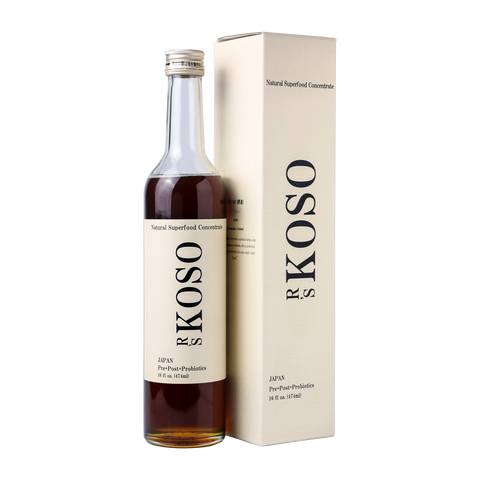Recent research has revealed the profound influence a mother’s microbiome has on her baby’s development. The maternal microbiome, which consists of trillions of microorganisms living in the mother’s gut, plays a vital role in shaping the health of the infant, particularly in the immune system and cognitive development. This microbial transfer begins during pregnancy and continues through birth and breastfeeding, creating a lasting impact on the baby’s well-being.
Maternal Microbiome Transfer During Pregnancy and Birth
The transfer of beneficial bacteria from the mother to the baby is a crucial process that begins in utero and continues during birth. As the baby’s gut is initially sterile, these microbes are essential in establishing the foundation for the infant’s microbiome. This early microbial exchange supports the baby’s immune system development, aiding in the digestion of nutrients and fostering overall health in the early stages of life.
Horizontal Gene Transfer and Its Benefits
The maternal microbiome’s influence goes beyond simply transferring bacteria. Through a process called horizontal gene transfer, maternal microbes share essential genes with the infant’s developing microbiome. These genes help the baby’s gut process nutrients, regulate immune responses, and adapt to dietary changes. This gene transfer not only supports digestion but also helps the infant’s immune system identify and respond to potential threats, laying the groundwork for a healthy immune system.
Long-Term Impact on Immune and Gut Health
As the infant grows, the microbes introduced during birth and breastfeeding continue to shape the development of their gut and immune system. The maternal microbiome plays a significant role in educating the baby’s immune system, helping it distinguish between harmful pathogens and harmless substances. This process has long-lasting effects, as early microbial exposure may protect the baby from immune-related conditions and support a balanced gut microbiome that promotes overall health throughout life.
Influence on Brain Development and Mental Health
In addition to influencing immune health, the maternal microbiome plays a role in brain development. Studies on mice have shown that specific gut bacteria, such as Bifidobacterium breve, can positively impact brain metabolism and cognitive function. These microbes are thought to influence fetal brain development and may even help reduce the risk of neurodevelopmental disorders, such as anxiety or autism, later in life. While research in humans is still ongoing, these findings highlight the connection between the microbiome and mental health.
Guiding Prenatal Care and Disease Prevention
Understanding the maternal microbiome opens new possibilities for prenatal care and disease prevention. By focusing on the health of a mother’s microbiome during pregnancy, healthcare providers may be able to better support the baby’s immune system, digestive health, and brain development. Strategies such as dietary interventions or the use of probiotics could help enhance the maternal microbiome, potentially improving the overall health of both mother and child.
R’s KOSO for mom and baby
For those looking to support their gut health and overall well-being, R’s KOSO is an excellent choice. R's KOSO is a fermented juice that contains over 100 ingredients such as vegetables, fruits, Japanese herbs, seaweed, and mushrooms. It helps promote a healthy microbiome by providing essential probiotics, postbiotics, and prebiotics. R's KOSO is safe to consume during pregnancy because it's a plant-based food and is all-natural.
Conclusion: Shaping the Future of Prenatal and Infant Health
The groundbreaking research into the maternal microbiome emphasizes its crucial role in shaping the development and health of infants. As science continues to uncover the ways in which these microbes influence immune, gut, and brain health, we may be able to apply this knowledge to improve prenatal care and prevent disease. The lasting impact of the maternal microbiome highlights the need for a holistic approach to maternal health, one that prioritizes not just the mother’s well-being but also the long-term health of the child.
Let’s get started!

Written by Eriko Shintani
Certified holistic nutritionist/Holistic nutrition advisor
Instagram: https://www.instagram.com/vegefuldays/
